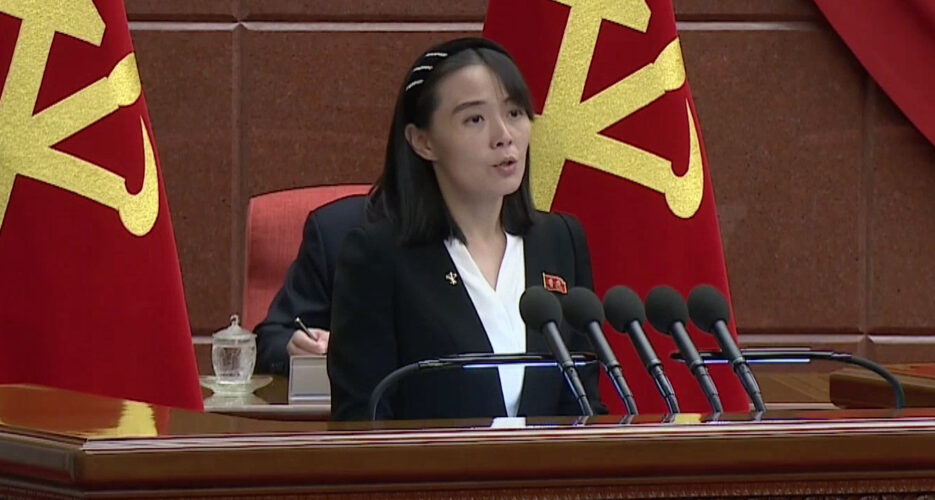Kim Yo Jong Rejects South Korea’s Diplomatic Outreach, Says North Korea Has ‘No Interest’ in Talks
SEOUL, South Korea — Kim Yo Jong, the powerful sister of North Korean leader Kim Jong Un, has bluntly dismissed recent diplomatic overtures from South Korea’s newly elected liberal government, declaring that Pyongyang has “no interest” in engaging in dialogue—regardless of what Seoul proposes.
In a strongly worded statement published by North Korea’s state-run media on Monday, Kim criticized South Korean President Lee Jae Myung’s administration, stating:
“No matter what policy is adopted and whatever proposal is made in Seoul, we have no interest in it and there is neither a reason to meet nor an issue to be discussed.”
This marks North Korea’s first official response to Lee’s presidency, which began in early June. Despite Lee’s efforts to mend inter-Korean relations—such as halting propaganda broadcasts, banning anti-North leaflets, and repatriating North Korean citizens—Kim Yo Jong called the actions “sincere” yet ultimately futile. She accused the new administration of blindly relying on the U.S.-South Korea military alliance and continuing policies of confrontation.
The rejection highlights North Korea’s current foreign policy focus: strengthening ties with Russia amid the ongoing war in Ukraine. Pyongyang has reportedly sent troops and conventional weapons to support Moscow, likely in exchange for food, military aid, and advanced technologies that could further develop its nuclear arsenal.
Experts suggest North Korea remains disinterested in rekindling diplomacy with either South Korea or the United States since the collapse of denuclearization talks between Kim Jong Un and former U.S. President Donald Trump in 2019. Despite Trump’s recent claims of wanting to resume talks, Pyongyang has remained silent.
In a significant move earlier this year, Kim Jong Un ordered the removal of the decades-old goal of peaceful Korean unification from North Korea’s constitution. Instead, he officially labeled South Korea as an “invariable principal enemy,” further diminishing hopes for reconciliation.
Analysts interpret this shift as a way for Kim to legitimize future military action and preserve his regime’s grip by cutting off South Korea’s cultural and ideological influence. It also clears the path for more aggressive policies under the guise of defending against a foreign adversary.



